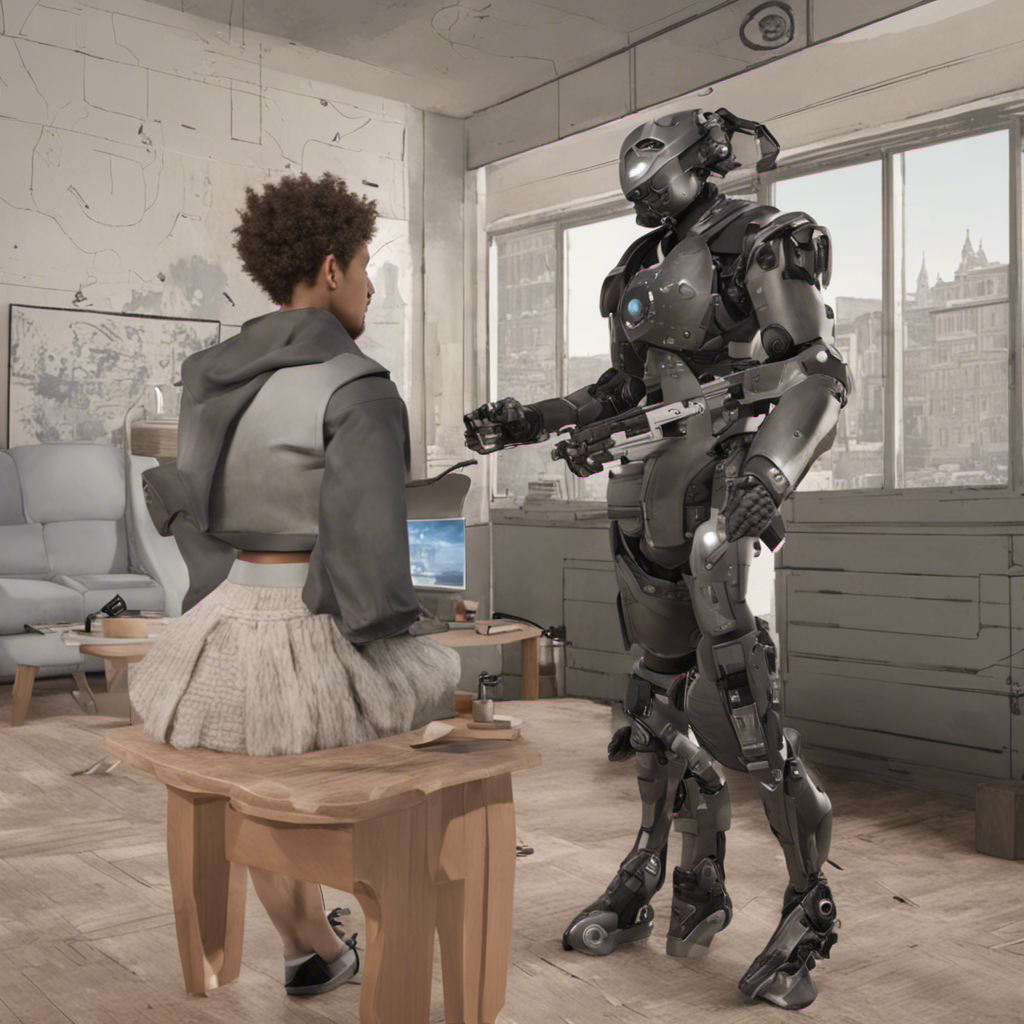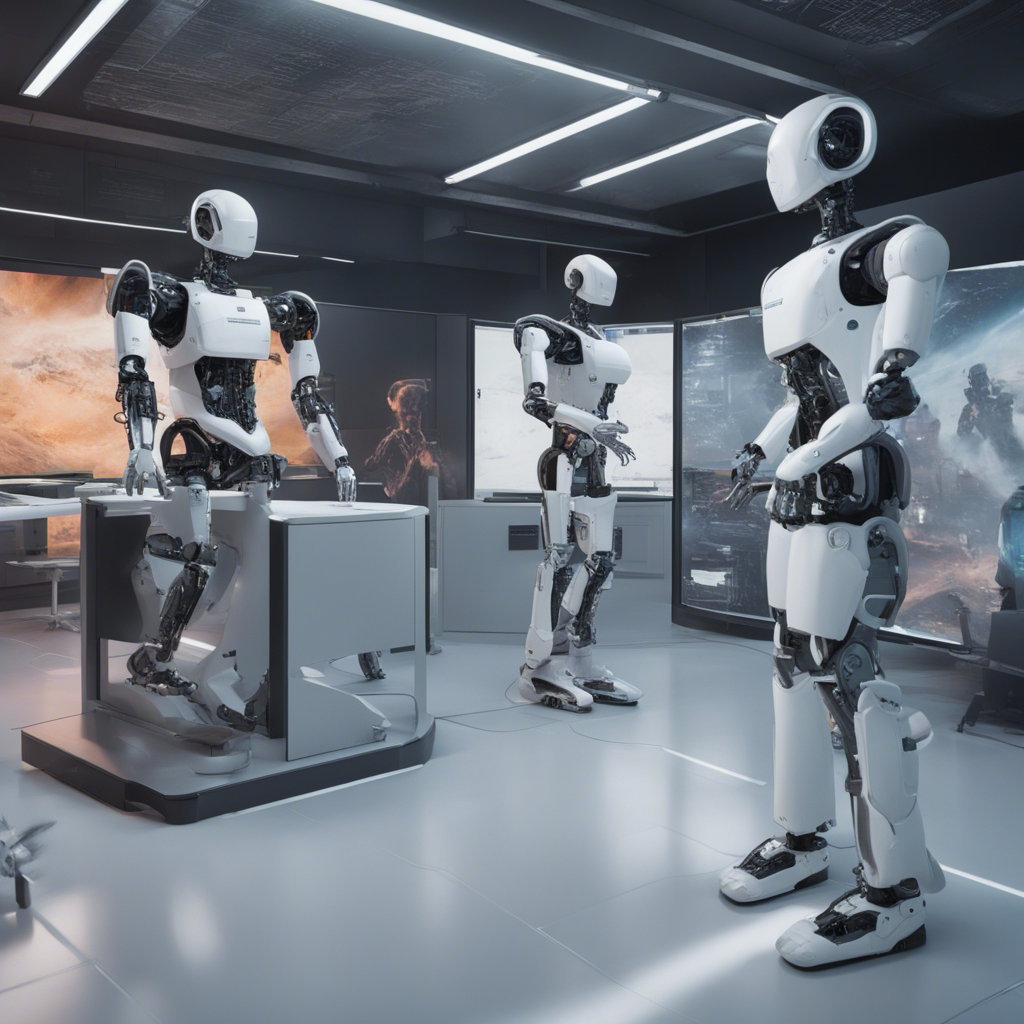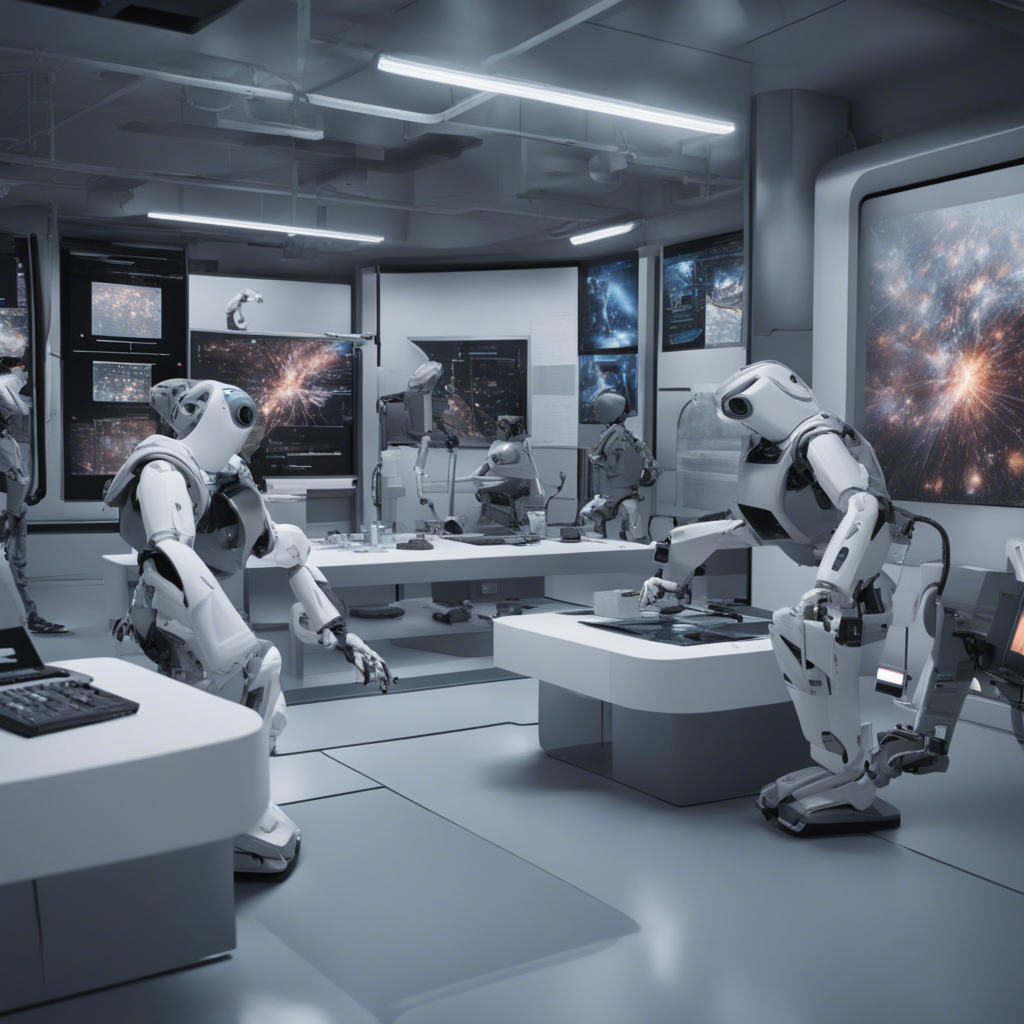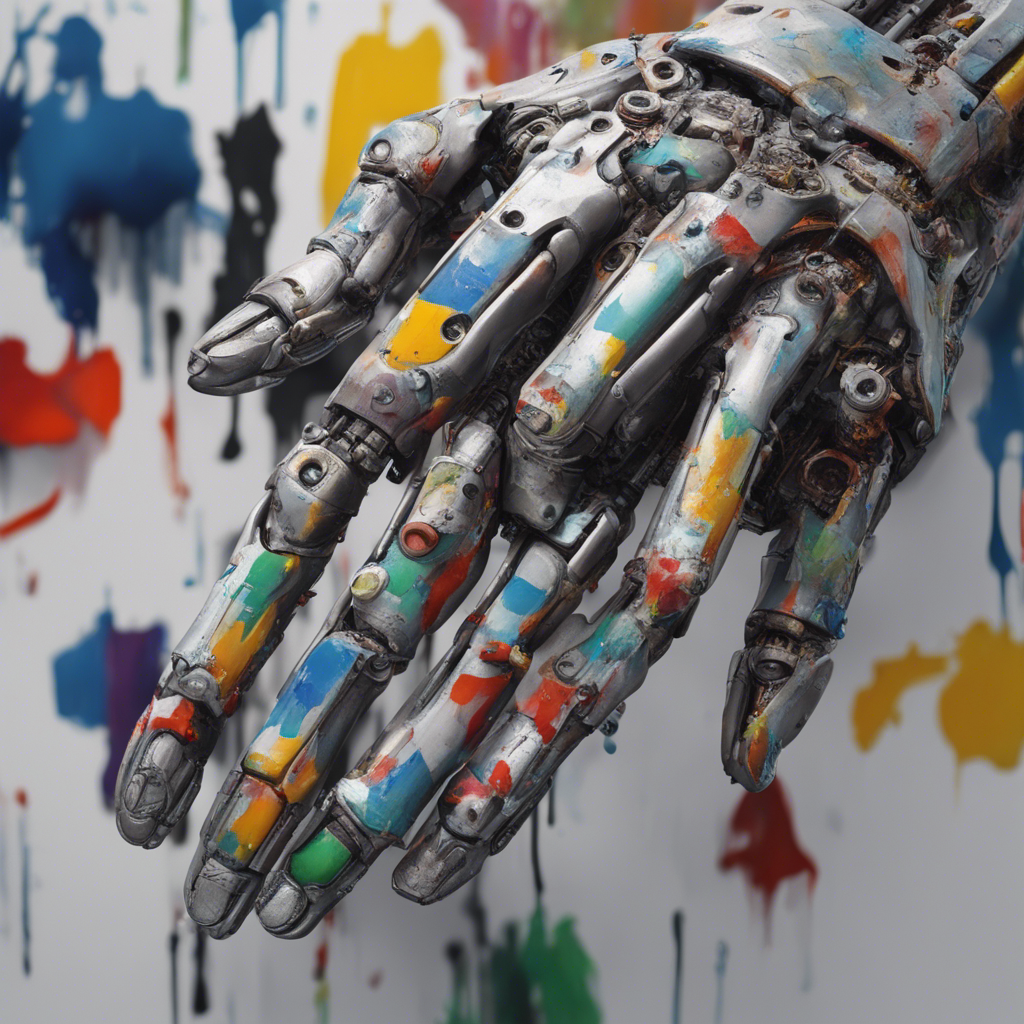
The Role of AI in the Gaming Industry
Introduction
Artificial Intelligence (AI) has become increasingly prevalent in a wide range of industries, and the gaming industry is no exception. AI has revolutionized the gaming experience, offering enhanced gameplay, realistic graphics, and intelligent opponents. In this blog post, we will explore the various applications and benefits of AI in the gaming industry, including character behavior, procedural generation, game design, and player experience.
AI in Character Behavior
One of the significant ways AI is utilized in the gaming industry is to create realistic character behavior. AI algorithms can simulate human-like responses, making non-playable characters (NPCs) more intelligent and interactive. These NPCs are capable of adapting to player actions, providing a more immersive and dynamic gaming experience.
Instead of following a predetermined script, AI-powered NPCs can learn from player behavior and adjust their actions accordingly. For example, in a role-playing game, AI can generate unique dialogues based on player choices, making the game world feel more alive and responsive.
AI can also be used to create intelligent opponents in competitive games. Through machine learning and pattern recognition, AI opponents can analyze player strategies, adapt, and respond accordingly. This ensures that players face a challenging and engaging gaming experience, even when playing alone or against computer-controlled opponents.
Procedural Generation
AI algorithms have revolutionized the way games are created by enabling procedural generation. Procedural generation refers to the automated creation of game content, such as levels, landscapes, and quests. By using AI techniques, developers can generate vast and diverse game worlds without the need for manual design.
Through the use of AI, games can offer a virtually infinite number of unique environments for players to explore. This not only increases replayability but also reduces development time and costs. AI-powered procedural generation algorithms can create realistic and immersive game worlds faster than traditional manual design methods.
Game Design
AI is increasingly being used to improve game design processes. Game developers can use AI algorithms to analyze player data and gain insights into player behavior, preferences, and engagement patterns. This information can then be used to enhance game mechanics, level design, and overall player experience.
Additionally, AI can assist in playtesting and balancing game difficulty. AI algorithms can simulate thousands of game sessions, analyzing player behavior and identifying areas for improvement. This allows game developers to refine gameplay mechanics and ensure a more enjoyable experience for players.
Player Experience
The ultimate goal of AI in the gaming industry is to enhance the player experience. By utilizing AI algorithms, game developers can create personalized experiences tailored to each player’s preferences and abilities. AI can analyze player data, such as gameplay patterns and demographics, to provide customized content and recommendations.
For example, AI algorithms can adapt the difficulty level of a game based on the player’s skill level, ensuring that players are neither overwhelmed nor bored. AI can also provide real-time feedback and guidance, helping players improve their skills and offering a more immersive and satisfying gaming experience.
Conclusion
AI has transformed the gaming industry in numerous ways, from creating intelligent and interactive NPCs to enabling procedural generation and enhancing game design. Through AI-powered algorithms, games can offer a more immersive, dynamic, and personalized experience for players.
As AI technologies continue to advance, we can expect even more exciting developments in the gaming industry. From more realistic graphics to advanced character behavior and personalized gameplay experiences, AI will play an increasingly significant role in shaping the future of gaming.
So, the next time you load up your favorite game and encounter intelligent NPCs or explore a procedurally generated world, remember that AI is behind the scenes, pushing the boundaries of gaming and delivering a more engaging and enjoyable experience for players.
Disclaimer: All information provided in this article is based on research and expert opinions. While every effort was made to ensure the accuracy of the information, factors beyond our control may impact the reliability of the sources and information presented.






